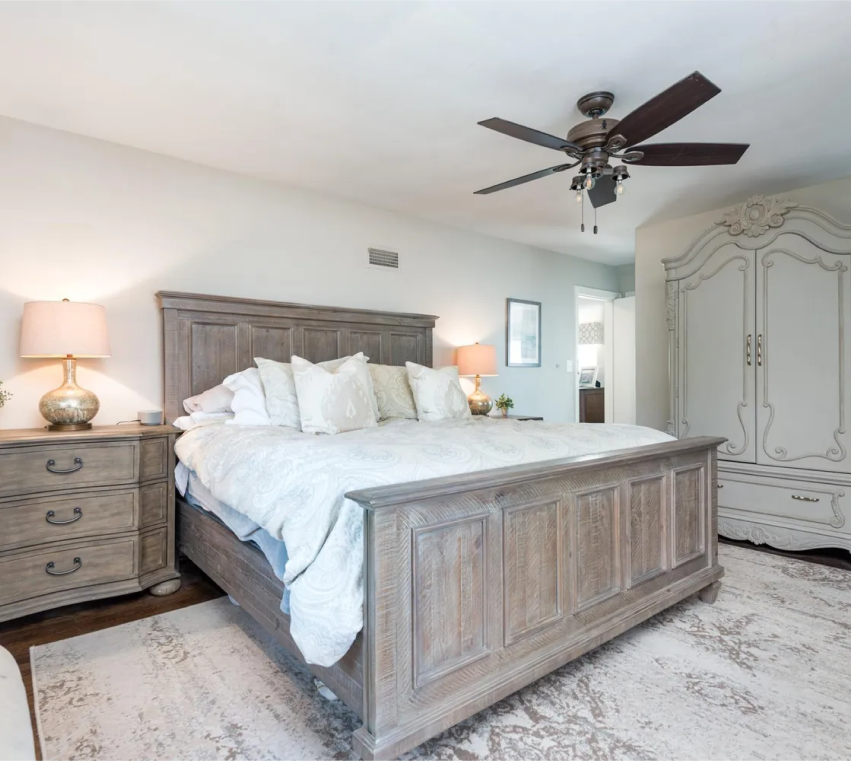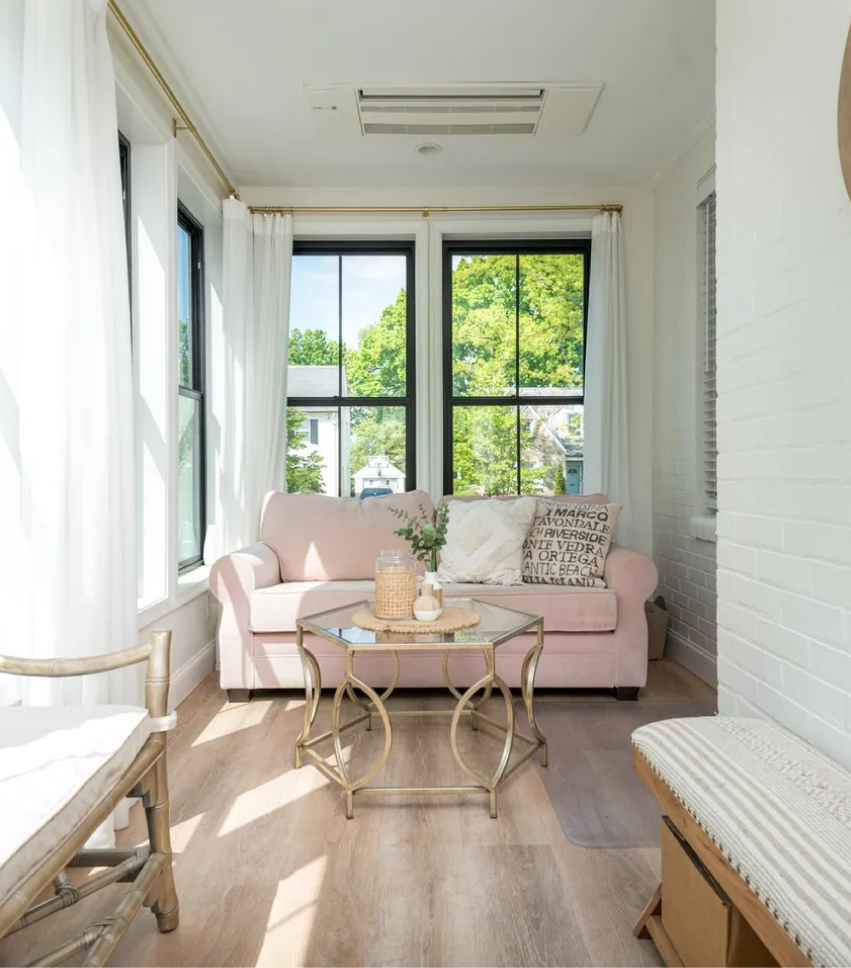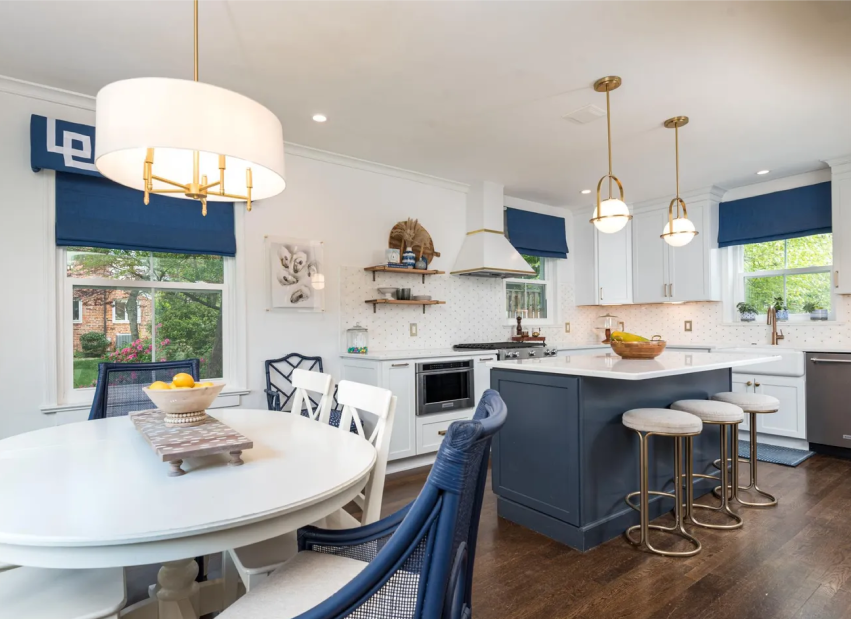Platform
If you are moving up to a larger home, downsizing to a smaller home or relocating to a different neighborhood, you may be asking yourself this question - Where Do I Start - Which Comes First? The answer is you have several options, depending on your circumstances and finances. Your first order of business is to get with a trusted lender to determine your resources, qualifications, and down payment needs and sources.
Here are 3 possible paths you could choose:
1. Sell First, then Buy
2. Sell/Buy Simultaneously
3. Buy First, then Sell
1. Sell Before You Buy
When you need the equity from your home for a down payment, and you can't qualify for two mortgages, you should Sell before you Buy. This is the simplest way to know exactly when your closing date will fall and how much you will have for a down payment on your new purchase. However, you may need to be prepared to find temporary housing if your sale closes before you find a new home. When building a new home, this is a frequent scenario for home owners as timing on new construction is hard to nail down.
When Selling first, there is a contingency you can include as part of the sales contract. A "Home of Choice Contingency" allows you to market your home, ratify a contract with a buyer who would give you a period of time to find another home. You can always buy a little more time or terminate the sale if necessary. Be warned that this does limit the number of buyers who will consider this since you can cancel the contract 30 to 60 days down the line and the buyer walks away with nothing. A buyer who isn't in a rush could be your best choice. In this event you would want to offer to reimburse the buyer their out of pocket expenses for any inspections and appraisers if you decide to cancel the contract.

2. Sell/Buy Simultaneously
This is a more tricky process to get the timing right to accept an offer on your home sale, find a new home and schedule closings that will coincide at the similar times. But, it can be done! We have worked with many clients who have accomplished just that. Some of the options that will help protect you include:
- a Financing Contingency on your purchase, which will disqualify you if the sale of your home falls apart or does not close.
- a Home Settlement Contingency on your purchase allows you to submit an offer on a house once your home goes under contract, however if your current house doesn't close on time you are not bound to buying the new house. However, the sellers of the home you want may not be willing to accept that risk. This is a tricky one for many to understand. Make sure you have an experienced agent for such a contingency.
- a Rent Back from the buyers of your home. This will allow you additional time if needed to settle on your new home. Fannie Mae and Freddie Mac allow a seller to rent back for up to 60 days after closing, and some buyers who have flexibility will consider this option.
- When doing a simultaneous sell and buy, you certainly don't want to rush into a purchase of a replacement home and that's why some people sell, go into temporary housing, and then take time to shop for the right home.

3. Buy First, Move Out, Then Sell
Your lender is key here. You will need to determine your down payment sources and qualify with both mortgages (your existing one and the new one). Down payment sources can be from savings accounts, retirement accounts, a home equity line, family/friends. We have recommendations of several lenders that have successfully managed these types of transactions. Bridge loans can also be employed if you have sufficient equity.
This allows you to close on your home of choice and then sell your existing home after you have moved out, minimizing the stress, strain and potential anxiety. You can take time to clean, freshen up paint, complete any work that would enhance the value and sell for a stronger price. Also, staging can dramatically modernize a home and attract more buyers. We have helped many clients with this scenario.




